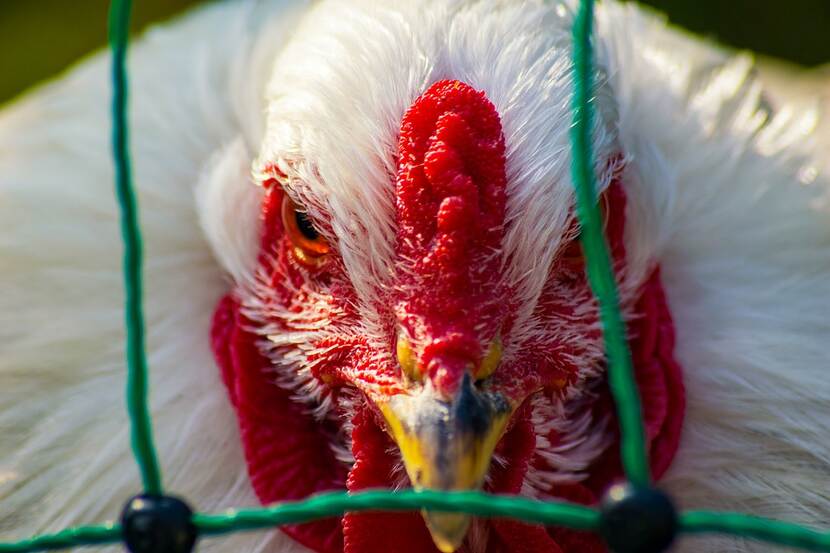Avian flu returned to Slovakia after three years
The first cases were reported last week in a private poultry farm where three domestic fowls died. The Agriculture Ministry has called on the breeders to take preventive measures. The biggest threat is in the areas where poultry may get in contact with wild animals. Moreover, also the extremely warm weather increases the risks. The solutions to the breeding where the avian flu will be diagnosed will be very strict, said Jozef Bires, head of the State Veterinary and Food Administration, claiming that the entire farming will have to be killed. Veterinaries also ask people to report any unusual behavior of the animals.

Avian flu has returned to Slovakia. Tests have confirmed the occurrence of a highly pathogenic subtype of H5N8 in a private poultry farm in the village of Zbehy (Nitra Region).
The same subtype occurred in Poland in late 2019 and early 2020, the SITA newswire reported.
The breeder from Zbehy reported the death of three out of a total of 22 hens, the State Veterinary and Food Administration (ŠPVS) reported.
“The animals are no longer on the farm and have been disposed of by the breeder himself,” ŠPVS added, as quoted by SITA. “The preliminary investigation assumes the infection was carried by wild birds, as these were free-range hens.”
The ŠPVS regional branch in Nitra has introduced measures to control the disease and to prevent it from spreading within a protection zone with a radius of three kilometres around the site of infection and within an observation zone of 10 kilometres around the outbreak.
Ministry: Be careful
The Agriculture Ministry has called on breeders to be careful and report any suspicious cases to the veterinaries.
It stressed that to prevent the disease from spreading, it is necessary to report any discovery of dead animals in nature. People should not touch the animals, but rather contact the respective authorities, the ministry said, as reported by SITA.
The veterinary inspector will then take samples, which will be subsequently tested, and secure the transfer of the animal’s body to a rending plant.
Although the risk of transmitting the H5N8 virus to people is low, it cannot be excluded, especially come in contact with birds, either domestic or wild, the Public Health Authority (ÚVZ) reported.
Those who have come in contact with them and spot any signs similar to those of the flu should contact their doctors, it added.
ÚVZ also recommends people take care and report any signs of disease or the discovery of a dead animal to the respective bodies, the TASR newswire reported.
Source: spectator.sme.sk & tssmedia